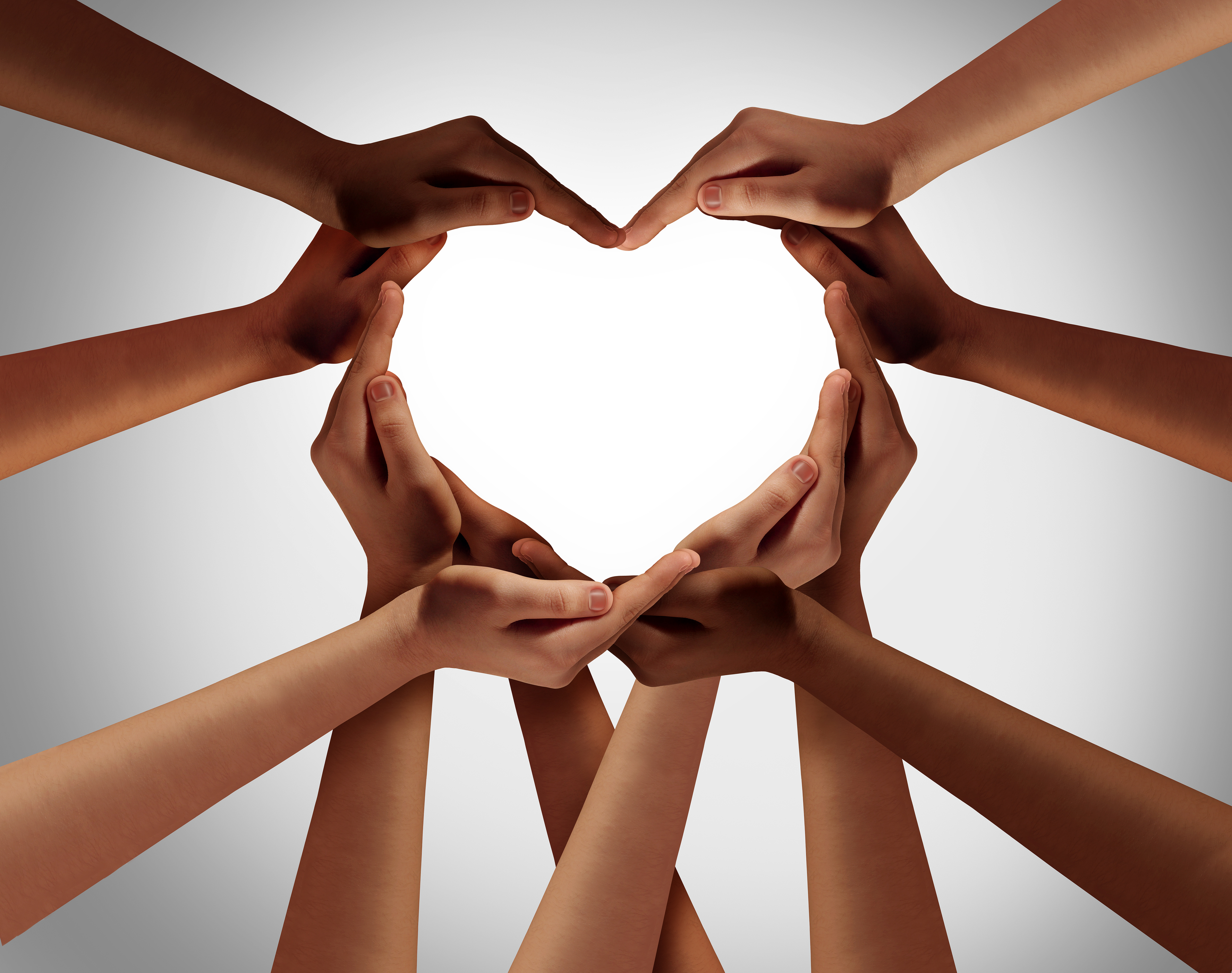AARP Hearing Center
This current pandemic has created an interesting dynamic for caregivers and their families. Children who are caring for their parents are now taking on some of the same anxieties associated with caregiving. They are worried about their parents, trying and taking on tasks to keep them at home, and in some cases, take on their caregiving tasks to keep them safe too.
There are an estimated 40 million American adults providing support with basic functional, household, and medical/nursing tasks to help individuals remain in their homes and communities for as long as possible. Of these 40 million family caregivers, about 1 in 4 are millennials.
The latest numbers reveal that millennial caregivers spend an average of 21 hours a week taking care of their loved one(s). More than half of Millennial family caregivers are African American/Black, Hispanic/Latino, or Asian American/Pacific Islanders.
Dr. Charlene James-Piper is the Executive Director of Student Academic Support Services and First-Year Students at Texas Southern University. She also belongs to this growing group of young caregivers. She, like her mother, AARP Texas State President Charlene Hunter James, knows the faces of traditional caregivers have changed.
“While caregivers of the past may have been dealing with the stress and anxiety of caring for older children, and probably were in the middle of the downward spectrum of their careers, those of us under 40 are in building mode,” said Dr. James-Piper. “…we’re trying to make decisions about marriage, start a family, get a mortgage and other things. We’re doing those things at the same time we’re trying to think about you (parents).”
It is a juggling act that has young caregivers balancing, time, resources, and finances, said Dr. James-Piper.
“We think about how our finances are going to affect our ability to care (for aging parents) or help with their finances. Or if we wait to have a baby in 10 years, how is that going to affect the relationship you (parent) may have with my child if you are already 80 plus years old,” said Dr. James-Piper.
Today’s COVID-19 environment has also intensified the anxieties and/or frustrations for young millennial caregivers.
“The current situation has exacerbated the anxiety which already existed,” said Dr. James-Piper. “Many millennials are finding themselves in the caregiving role for the first time due to their anxiety over COVID. Children who have never worried about mom and dad because they are very self-sufficient. In this environment, they worry about them (parents) leaving the house.”
Millennial caregivers are also trying to understand how to be a caregiver remotely while dealing with the loss of jobs and businesses. Dr. James-Piper said this generation is finding themselves trying to figure out how to pay for rent (mortgage), dealing with a job loss as well and how them losing jobs will affect our ability to care for you (parent).
In addition to caring for an aging parent, Dr. James-Piper said some millennials are parents themselves. Now, she said, they are teachers jugging the day to day school work and teaching aging parents how to use technology.
“Young adult caregivers are teaching parents how to use technology especially if the parents don’t live near their children. Things like how to order groceries or other things they may need or provide those services for a loved one,” said Dr. James-Piper.
In some cases, these caregivers are making the grocery or store runs so that their loved one stays at home. The key here is to ask for help if you need it and connect with others who have had the same experiences.
“The world is changing…use the resources that are out there,” said Dr. James-Piper.
To find out the latest information on the spread or treatment of coronavirus also known as COVID-19, go to the Centers for Disease Control and Prevention or the U. S. Food and Drug Administration. AARP also has you covered with coronavirus resources. You can get that info at www.aarp.org/coronavirus.
To hear other AARP Texas Prepare to Care podcasts www.aarp.org/houstonptc.
































































